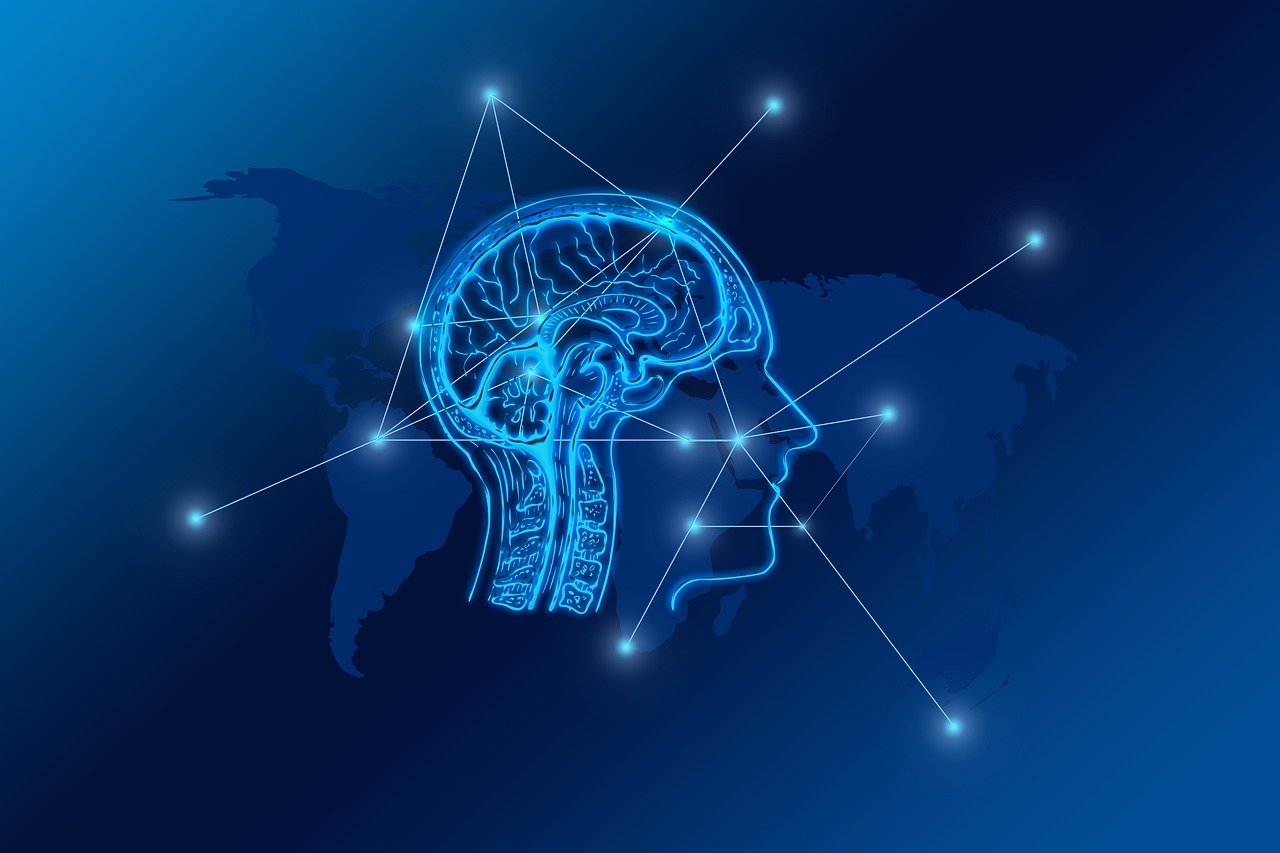Rare Disease Day: A glimpse into brain cancer research in IGC

As a first-year PhD student with interest primarily in deciphering inner workings of cells and gene regulation, I have yet set foot outside my comfort zone MRC unit. Rare Disease Day offers a great opportunity to explore research on rare disease and cancer conducted in IGC.
Brain tumors are collectives of abnormal cells that multiply uncontrollably. Depending on origin of cells, brain tumors can be characterized as primary, in which cancer cells originates from brain, or secondary, in which cancer metastasize from other part of the body. Brain tumors range from grade I (low grade) in which non-cancerous cells still resemble normal cells phenotypically, replicate slowly and seldom invade other tissues, to grade IV (high grade) in which cancerous cells are fast-growing and look abnormal.
My venture into the field of brain cancer and relevant research conducted in IGC had surprised me with the variety of aspects brain cancer research, ranging from understanding molecular biology of brain cancer to improving diagnosis, treatments and patients’ quality of life. For instance, Dr. Noor Gammoh studies the role that autophagy, a mechanism involved in transporting cellular material for degradation to lysosome, plays in the survival and development of aggressive cancer like glioblastoma multiforme. Dr. Paul Brennan’s research focuses on understanding molecular biology associated with transformation of lower grade tumor to higher grade tumor and novel delivery method of targeting chemotherapy to brain tumor. Dr. Robert Grant’s research effort centers on treatment for brain tumor and managing side effect brought on by treatments such as epilepsy, seizures, chronic fatigue, cognitive and mood problems. Through the collective effort of labs mentioned above and others working on understanding fundamental biological pathways in cancer, it is hoped that better prognosis and treatment can be developed for brain cancer patients.
For more information on brain cancer research conducted in IGC, please visit https://www.ed.ac.uk/cancer-centre.




It’s wonderful to hear about your exploration into brain cancer research and the diverse avenues being pursued at IGC. Rare Disease Day indeed provides a valuable opportunity to delve into new areas of study beyond your immediate focus. The work being done by researchers like Dr. Noor Gammoh, Dr. Paul Brennan, and Dr. Robert Grant showcases the breadth of efforts aimed at understanding, diagnosing, and treating brain tumors. Their research into autophagy, molecular biology, and treatment strategies offers hope for improved outcomes and quality of life for patients. Keep up the curiosity and interdisciplinary engagement—it’s how breakthroughs happen!